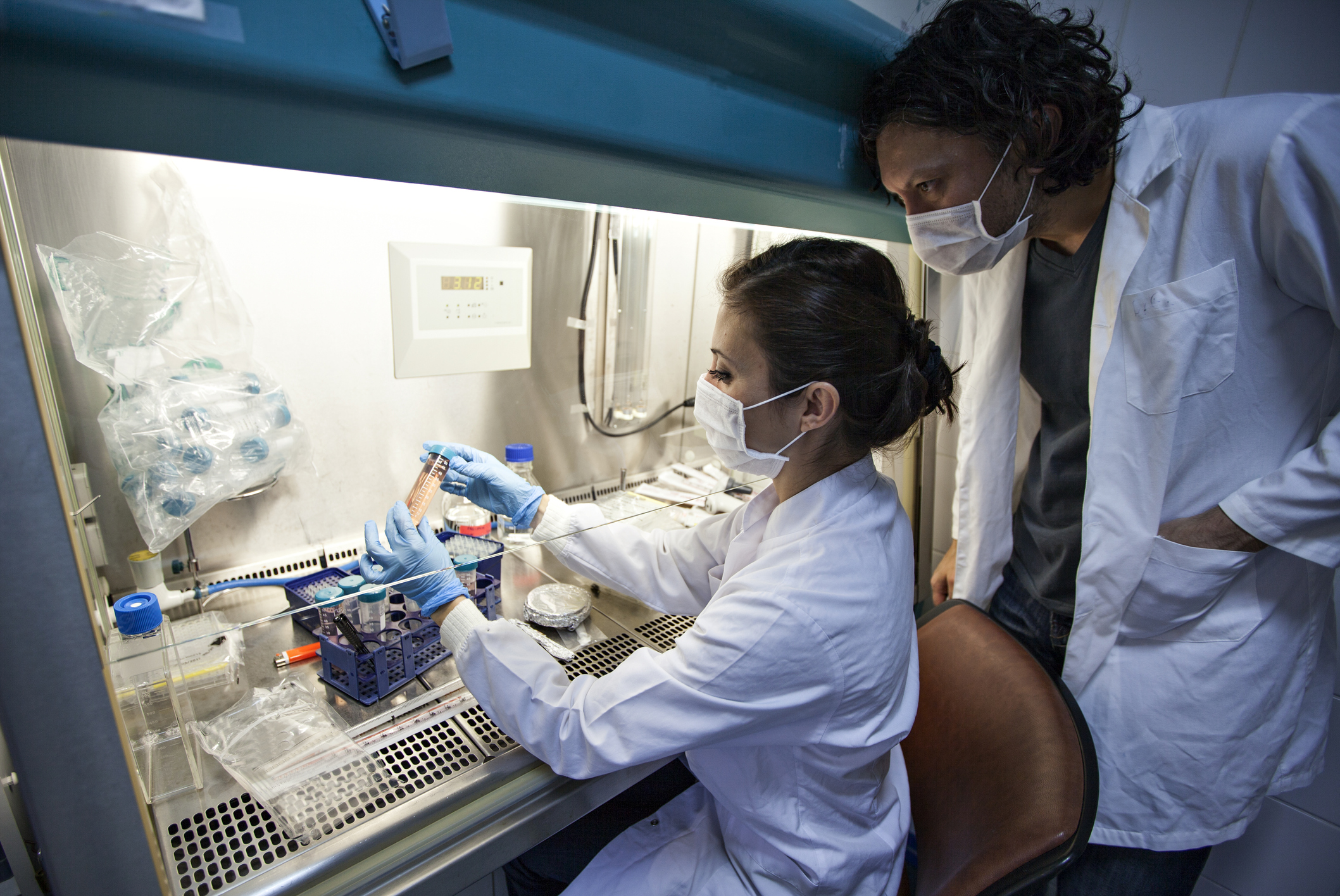The doctoral program in chemistry requires a combination of coursework, research and teaching. In the first years of the program you will take letter-graded classes while conducting experimental lab research. Then go on to conduct undergraduate laboratory teaching for at least two semesters.
By year three, you are on track for PhD candidacy, which requires passage of written and oral examinations. There are written exams for all major areas of the PhD curriculum – organic chemistry, inorganic chemistry, analytical chemistry, biochemistry and physical chemistry. The oral exam entails the defense of a research proposal that you will create in collaboration with your mentor.
The remainder of the program leads toward the dissertation defense. Your dissertation is an original research contribution that you will defend before a departmental committee.
Course Requirements (60 credits minimum)
A minimum of six 3-credit letter-graded graduate courses in chemistry as advised. Three courses are to be chosen from the following set of six core courses:
- Inorganic Chemistry
- Physical Organic Chemistry I
- Physical Organic Chemistry II
- Advanced Physical Chemistry I
- Advanced Physical Chemistry II
- Theory and Techniques of Biophysics and Biophysical Chemistry
Qualifying (Cumulative) Examinations
You must pass two cumulative examinations within the first two years and a total of six cumulative examinations within the first three years.
Each of the four sectors: biochemistry, organic, inorganic, and physical will give a separate exam. Your subject of specialization is determined by your selection of cumulative examinations. A minimum of four examinations must be passed in your chosen major sector.





